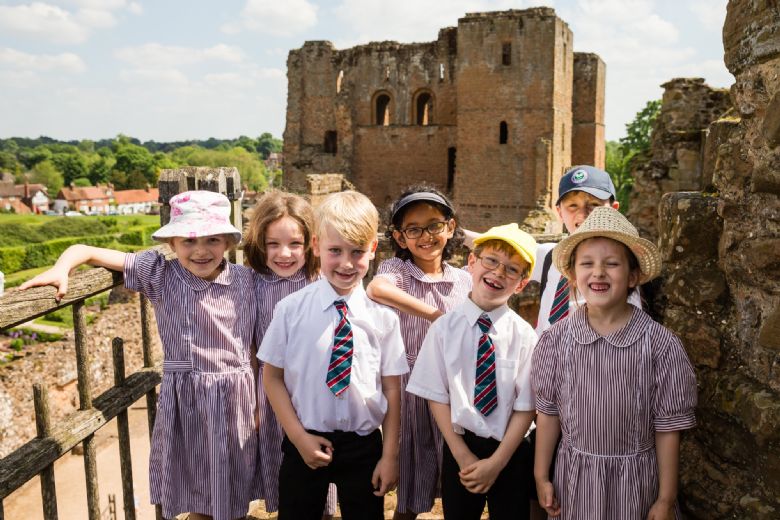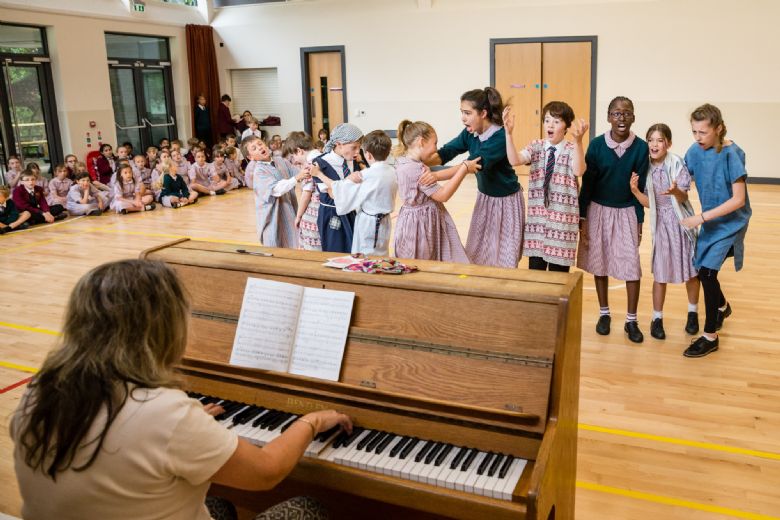Outside the Classroom
Before school, at lunchtime and after school, the children can take part in a variety of clubs and activities to suit all tastes.
Activities change each term with the exception of:
- Chess
- Karate
- Ballet
Some of these are run by external agents, who provide a very good service that the children enjoy. Most members of staff offer clubs, for example, ICT, Lego, Yoga,
Mindfulness, Sewing, Sketchbook, Orchestra, Choir, Exam Skills and Prep Club, French and Story Club, to name a few.
Activities after school generally run from 3.45pm to 4.45pm. Details of activities are available on our online system SOCS at the end of each term and parents can login to put their child’s name down for a preferred activity. Please note that some activities are restricted in number.
Pupils develop their own interests and talents to a high level through a range of extra-curricular opportunities which is extensive for the size of school.
the arts
The performing arts are truly alive and well at Crackley. Specialist teachers inspire children to discover and explore new talents through weekly drama and music lessons. When they are ready they can join the school choir and orchestra, or take up a wide range of musical instruments with our visiting music teachers. They can showcase their growing skills through a range of performances from community events and assemblies to school productions and concerts.
We find that even the most reluctant performers  blossom in this safe and fun environment. The benefits are great both inside and outside the classroom and experience at this early age builds confidence and develops skills which can be put to good use in the years to come.
blossom in this safe and fun environment. The benefits are great both inside and outside the classroom and experience at this early age builds confidence and develops skills which can be put to good use in the years to come.
Every year our pupils excel in the LAMDA and Music exams with many earning distinctions for their efforts.
The whole school productions at the end of the Summer Term which are professionally staged at a local theatre, are phenomenally ambitious and successful and each year seem to amaze and delight audiences in equal measure
forest school
By participating in engaging, motivating and achievable tasks and activities in a woodland
These, through self-awareness, can be developed to reach personal potential. Forest Schools aim
